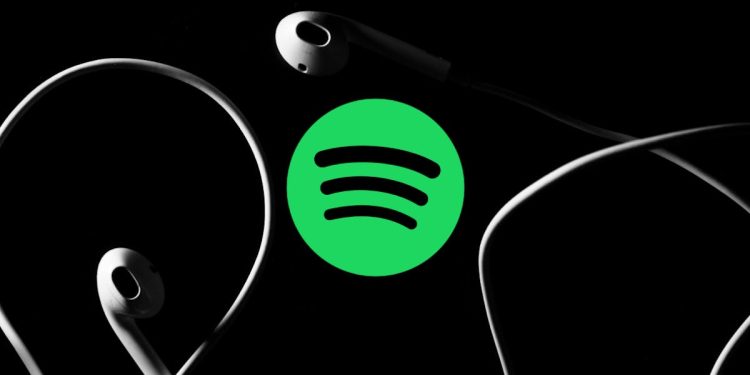Spotify has raised alarm over a growing wave of artificial streaming on its platform, warning that artists using such tactics could forfeit their royalties.
The company says these fake streams often generated by bots or click farms are damaging the music ecosystem. Some artists knowingly buy into them. Others are tricked into thinking they’re paying for legit promotions.
“To be crystal clear: You can’t buy your way onto a playlist,” said Bryan Johnson, Spotify’s Head of Artist & Industry Partnerships, International, during a recent Spotify for Artists Masterclass. “Any service charging you money to get on a Spotify playlist, including non-editorial ones, is a scam.”
He explained that even services claiming to run Spotify ads often use bots to fake engagement. This can backfire, hurting an artist’s profile and cutting future earnings.
If Spotify detects artificial streams, labels and distributors will be charged per track and those costs could land on the artist.
“We know how frustrating it can be,” Johnson added. “That’s why we’re investing heavily in tech and resources to detect artificial streams and enforce our rules globally. Our efforts are working.”
Andreea Gleeson, CEO of distribution platform Tunecore, echoed the concern. “It’s very, very important that we protect the ecosystem,” she said. “Our goal is to get more money into the pockets of real artists with real fans.”
To fight the problem, platforms, distributors, and labels have joined forces under the Music Fights Fraud Alliance. Gleeson noted that unlike in the past when fraudsters could reappear under new names, today’s systems are more connected and better at catching repeat offenders.
Many new artists are unaware they’ve been exposed to fraud. They might hire a marketing agency expecting PR, only to find out the firm used bot farms to inflate streams.
David Martin, CEO of the Featured Artists Coalition, warned that fraud often starts on social media. “Artists are being contacted via DMs offering guaranteed streams or playlist placements. That’s always a red flag,” he said. “If it sounds too good to be true, it probably is.”























































